The Jack Russell Terrier, known for its boundless energy, keen intelligence, and fierce loyalty, is a small dog with a big appetite for life. And with all that energy comes a unique set of dietary needs. While their compact size might make you think they eat very little, Jack Russells require a balanced and nutrient-dense diet to fuel their active lifestyles. In this article, we’ll explore how much to feed a Jack Russell, how calories in their food play a significant role, and the cost implications of their diet.
1. Understanding Jack Russell’s Nutritional Needs
Despite their size, Jack Russells are incredibly active, meaning they burn more calories than some other breeds of a similar size. They need a diet rich in protein to support muscle growth and repair, fats for sustained energy, and essential vitamins and minerals for overall health. Look for quality commercial foods that list meat as the first ingredient and avoid those with excessive fillers like corn and soy.
2. Quantity Based on Life Stage
Puppies: Growing Jack Russell puppies, from weaning up to 6 months, may eat 3-4 times their adult food amount, given in 3-4 feedings throughout the day.
Adults: An adult Jack Russell, weighing around 13-17 pounds, typically requires between 450-650 calories per day, depending on their activity level. This might translate to about 1 to 1.5 cups of high-quality dry kibble daily, split into two meals.
Seniors: Older Jack Russells might not be as active as they once were. They might require around 20% fewer calories than their younger counterparts. Adjustments in their diet, and possibly a transition to senior-specific food, can be beneficial.
3. The Role of Calories
Not all dog foods are made equally. Two different brands might have different calorie contents for the same volume of food. Always check the calorie count on the packaging, and adjust feeding amounts accordingly. High-activity dogs might benefit from performance or active breed formulations, but always ensure it doesn’t lead to excessive weight gain.
4. Treats and Extras
Treats are great for training and bonding, but they should not make up more than 10% of your dog’s daily caloric intake. Always account for these when determining daily feeding amounts. With Jack Russells, due to their size, even small treats can quickly add up in calories.
5. Special Dietary Considerations
Some Jack Russells might have unique dietary needs, allergies, or sensitivities. Grain-free, limited-ingredient, or prescription diets might be necessary. Always consult with your vet if you notice any adverse reactions or if you’re considering changing your dog’s diet.
6. Cost Implications
The monthly cost of feeding a Jack Russell can vary significantly based on the brand and quality of the food. On average, high-quality commercial foods might cost between $1 to $2 per pound. Given that an adult Jack Russell might consume around 30 to 45 pounds of food per month, the monthly cost could range from $30 to $90. This doesn’t account for treats, supplements, or special dietary foods, which could increase costs.
7. Homemade Diets
If considering a homemade diet, ensure it’s nutritionally balanced for your Jack Russell. Consulting with a veterinarian or pet nutritionist is essential. While homemade diets can be healthier, they might be more costly and time-consuming.
8. Monitoring Weight and Adjustments
Regular weight checks and body condition assessments are essential. Adjust feeding amounts based on your dog’s weight, body condition, and activity level. Remember, guidelines provided on food packaging are just that – guidelines. Each Jack Russell is unique and might have individual dietary needs.
9. Hydration is Key
Always ensure your Jack Russell has access to fresh water. Hydration is just as important as nutrition, especially during hot weather or after strenuous activity.
Our 5 Top Foods for Jack Russells
The diets were selected by our founder Justin Palmer, a certified canine nutrition expert, specifically with Jack Russells in mind:
| Food | Pros | Cons |
|---|---|---|
|
|
|
|
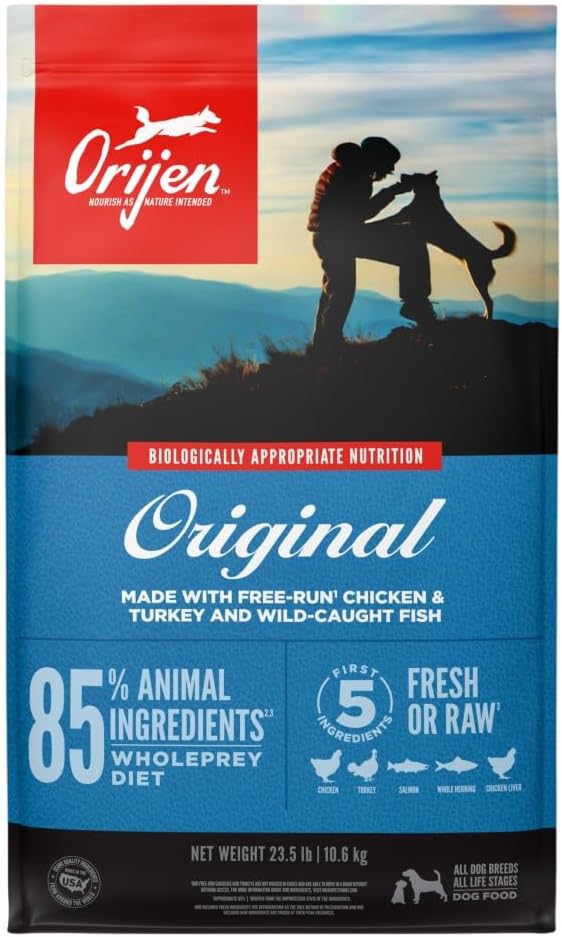
Check Today's Price on: |
|
|
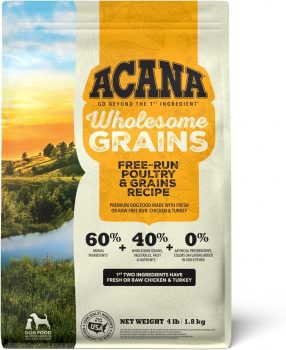
Check Today's Price on: |
|
|
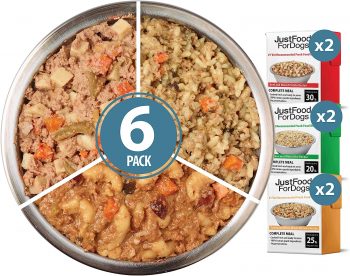
Check Today's Price on: |
|
|
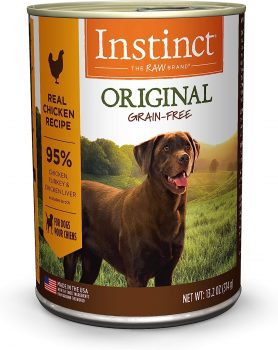
Check Today's Price on: |
|
|
Conclusion
Feeding your Jack Russell the right amount and type of food is crucial for their health, well-being, and longevity. Always aim for high-quality foods, monitor their weight, and consult with your vet regularly to ensure their dietary needs are being met. With proper nutrition, your energetic and lovable Jack Russell will thrive.
Frequently Asked Questions About Feeding a Jack Russell
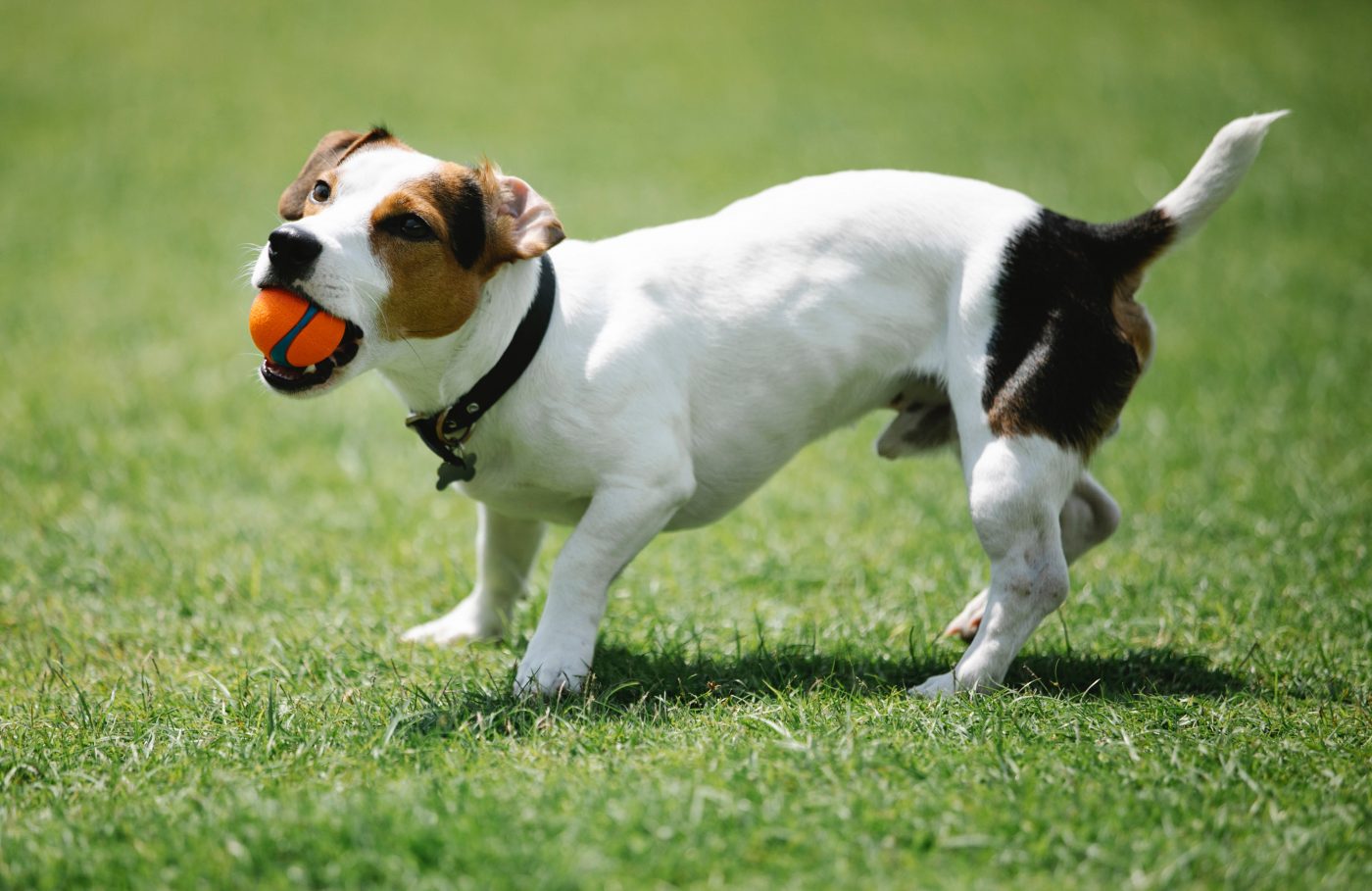
1. How many times a day should I feed my Jack Russell?
Typically, adult Jack Russells should be fed twice a day—once in the morning and once in the evening. Puppies, due to their faster metabolism and smaller stomach size, require feeding 3-4 times a day until they’re about 6 months old.
2. What type of food is best for my Jack Russell?
A high-quality commercial dog food that lists a meat source as its primary ingredient is ideal. Ensure the food is appropriate for their life stage (puppy, adult, senior) and provides a balanced mix of proteins, fats, and essential vitamins and minerals.
3. How do I know if my Jack Russell is overweight?
Regular vet check-ups will provide precise weight measurements. Additionally, you can observe your dog at home; you should be able to feel their ribs without pressing too hard, and there should be a noticeable waistline when viewed from above.
4. Can I feed my Jack Russell human food?
While some human foods are safe for Jack Russells in moderation, others can be toxic. Always research before sharing and avoid feeding them processed foods, chocolates, onions, grapes, and other known toxic foods to dogs.
5. Are grain-free diets good for Jack Russells?
Grain-free diets can benefit dogs with grain allergies or sensitivities. However, it’s essential to ensure the food still provides balanced nutrition. Discuss any dietary changes with your vet.
6. How should I transition my Jack Russell to a new food?
When switching foods, do so gradually over a week. Start by mixing a small amount of the new food with their current food, and then increase the new food’s proportion each day until you’re feeding only the new food.
7. How much water should my Jack Russell drink daily?
Jack Russells, like other dogs, should always have access to fresh water. Their exact water needs can vary based on activity level and diet, but a general guideline is that dogs should drink an ounce of water per pound of body weight daily.
8. Is wet food better than dry food for Jack Russells?
Both wet and dry food have their advantages. Wet food can be more palatable and hydrating, while dry food is often better for dental health and can be more cost-effective. Some owners choose to mix both.
9. How many treats can I give my Jack Russell?
Treats should not make up more than 10% of your dog’s daily caloric intake. Ensure you account for the treats’ calories when determining their daily food allowance, and always opt for healthy treat options.
10. Can I feed my Jack Russell a vegetarian or vegan diet?
While dogs can survive on a carefully planned vegetarian or vegan diet, it’s challenging to ensure they get all essential nutrients. If considering such a diet, it’s crucial to consult with a veterinarian or pet nutritionist to ensure your dog’s health and nutritional needs are met.
 Check Today's Price on:
Check Today's Price on: Toledo, United States.
Toledo, United States.